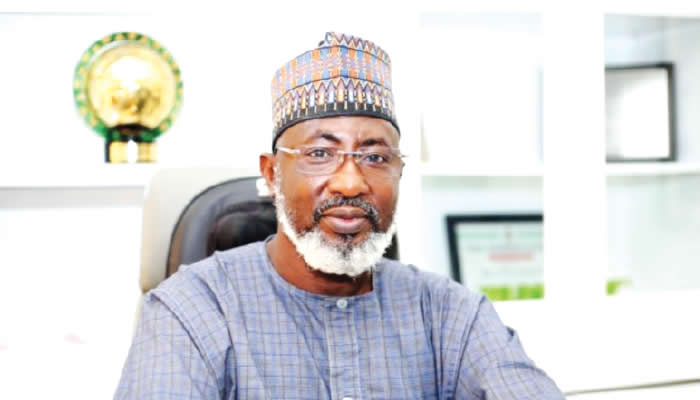The Nigeria Football Federation (NFF) has issued a public challenge to former coaches, urging them to present verifiable claims of outstanding payments. This call to action follows the resurfacing of an interview with the late Christian Chukwu, captain of the 1980 Africa Cup of Nations-winning team, in which he alleged the NFF owed him $128,000. Chukwu’s passing reignited the conversation surrounding the NFF’s alleged financial obligations to former coaches and staff.
Dr. Mohammed Sanusi, the NFF’s General Secretary, responded to the allegations by asserting that the organization holds no record of any outstanding debt to Chukwu. He explained that during Amaju Pinnick’s first tenure as NFF president (2014-2018), a dedicated committee was established to meticulously review records and identify any outstanding payments owed to former coaches, including those from prior administrations. This committee, according to Sanusi, found no record of indebtedness to Chukwu. Sanusi highlighted Chukwu’s employment with the NFF between 2002 and 2005, noting his dismissal following a 1-1 draw against Angola in a World Cup qualifier. He emphasized the absence of any documentation within the NFF suggesting outstanding payments to Chukwu.
Sanusi further extended the invitation to any coach who has worked with a national team in the past two decades, urging them to present concrete evidence of any outstanding payments. He assured that the NFF, as a responsible organization, would promptly settle any legitimate claims supported by verifiable documentation. This underscores the NFF’s commitment to transparency and accountability in its financial dealings with former employees.
Chukwu’s case is not isolated. Prior to his death in 2023, Godwin Izilein, former coach of the Super Falcons, publicly expressed his frustration over the NFF’s alleged refusal to pay him $12,000, a bonus owed for winning the 2004 Women’s Africa Cup of Nations. This highlights a pattern of alleged unpaid dues and the challenges faced by former coaches in reclaiming their rightful earnings. The NFF’s public statement aims to address these concerns and encourages open communication regarding any outstanding financial obligations.
The NFF’s proactive approach in addressing these allegations demonstrates their commitment to upholding a transparent and accountable financial system. By inviting former coaches to present their claims with supporting documentation, the NFF seeks to rectify any legitimate outstanding debts and ensure fair treatment of its former employees. This initiative not only addresses past grievances but also aims to foster a more positive and trusting relationship between the NFF and the coaching community.
This latest development highlights the ongoing challenges in managing financial obligations within the football governing body. The NFF’s public statement serves as a call for transparency and accountability, urging individuals with legitimate claims to come forward. The organization’s willingness to address these issues publicly demonstrates a commitment to resolving past discrepancies and building a stronger, more financially sound future for Nigerian football. The outcome of this process will be crucial in restoring trust and ensuring that former coaches receive the compensation they are rightfully owed. This will also send a strong message about the NFF’s commitment to fair labor practices and its dedication to upholding the integrity of Nigerian football.














